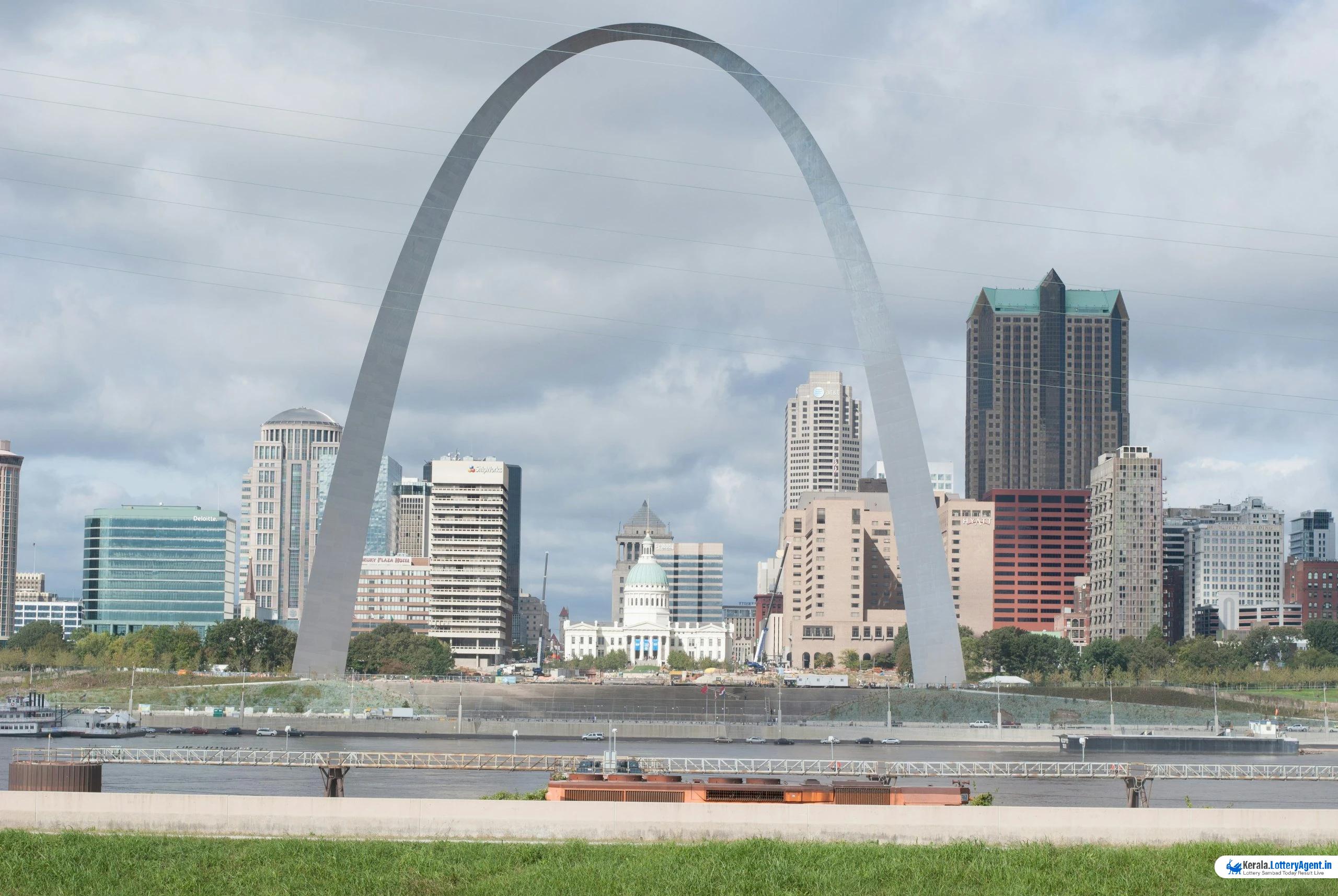
If the November election were held today, the Missouri sports betting initiative proposal backed by the state’s professional sports teams would fail, according to recent polling data. The initiative, which advocates for the legalization of statewide digital sports wagering tethered to professional sports venues or existing casinos, currently has the least amount of support among four potential ballot questions.
The poll, conducted by Remington Research Group on behalf of Missouri Scout, surveyed 684 likely voters from May 8-9. Results show that 60% of respondents are against the legalization of sports betting, while only 36% are in favor, and 4% remain undecided.
Missouri’s General Assembly has been attempting to legalize sports betting for more than five years, but efforts have been consistently thwarted, primarily by Senator Denny Hoskins. Hoskins has long sought to tie sports wagering to the legalization of video lottery terminals (VLTs), a move that faces significant opposition from the state’s casinos. Casinos view VLTs, which closely resemble slot machines and are currently operating in an unregulated gray area, as a threat to their business and have called for their outright ban. These machines can often be found in convenience stores and restaurants, being neither explicitly permitted nor prohibited by Missouri law.
Senator Hoskins has championed his agenda vehemently, rallying against bills supported by casinos and professional teams alike. His efforts included filibustering during two legislative sessions, preventing house bills backed by both groups from even reaching the Senate floor for a vote. As Hoskins is nearing his term limit, expiring later this year, many observers speculated that the issue might find some resolution. However, the coalition of professional sports teams has chosen a different path, acting independently under the banner “Winning for Missouri Education.”
This consortium has been proactive, filing multiple initiative proposals and now pushing forward with one allowing both digital platforms and brick-and-mortar sportsbooks. Earlier in the month, proponents of these initiatives submitted approximately 340,000 signatures to the state for verification, signaling robust grassroots support for their cause.
Nonetheless, the proposal’s specifics have mired it in controversy. Unlike legislative proposals that would allow casinos multiple “skins” or licenses for digital platforms, the current initiative restricts casino companies to a single skin, regardless of the number of properties they own.
. This particular clause has been a point of contention for some of the state’s largest casino operators. Caesars Entertainment and Penn Entertainment combined manage six properties in Missouri. Meanwhile, Affinity Gaming, Boyd Gaming, and Century Casinos each operate two properties in the state.
This discrepancy places major players such as DraftKings and FanDuel in a nuanced position. Both companies lack brick-and-mortar properties in Missouri but maintain strong ties with the casino industry. For example, FanDuel operates both retail and digital sportsbooks for Boyd Gaming, demonstrating existing partnerships that complicate their stance on the new proposals.
Expanding the focus, the polling data revealed insights into other potential ballot questions. Missouri voters remain divided on controversial issues such as abortion legalization. The poll indicates that while a significant majority of Democrats (71%) support the legalization of abortion, an overwhelming 73% of Republicans oppose it. This divergence underscores the state’s partisan divide, which is likely to shape the discourse leading up to the election.
Conversely, Missourians appear united on several other issues. There is broad support for increasing the minimum wage and requiring paid family leave for workers. Additionally, the electorate favors measures that would make it more difficult to amend the state constitution, suggesting a cautious approach to sweeping legislative changes.
While the pro sports teams’ sports betting initiative appears to lack the necessary support at the moment, the landscape of public opinion can shift significantly in the months leading up to the election. Stakeholders on all sides will likely redouble their efforts to sway public sentiment, potentially altering the current trajectory of the initiative. Until then, the fate of sports betting in Missouri remains uncertain, hinging on an intricate web of politics, public opinion, and legislative maneuvering.












